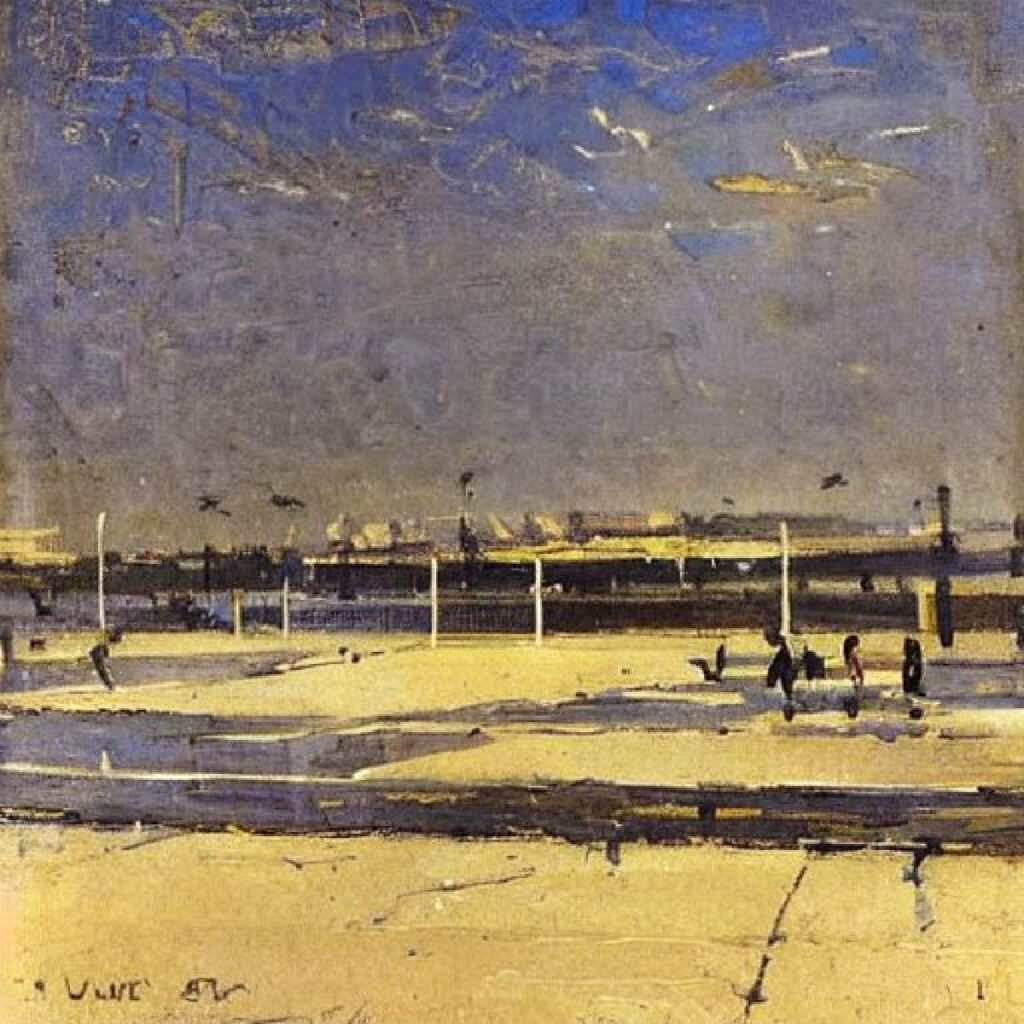As Prime Minister Scott Morrison leads his shambolic government to electoral wipeout, he is now embroiled in yet another controversy.
Are the Australian authorities, including the Australian Federal Police and the Australian Border Force, to blame for the diplomatic fracas that erupted over football player Hakeem al-Araibi’s detention in Thailand?
Today a number of publications, including The New Daily and The Guardian and are highlighting the imbroglio.
On Tuesday, Home Affairs Minister Peter Dutton said AFP commissioner Andrew Colvin would have “something more to say” about the matter soon.
“Whether or not there are issues around the AFP, I think the AFP commissioner will have something to say on that in due course,” Dutton told reporters. “We’ll have a look at that aspect of it.”
But after several hours the AFP kicked responsibility back to the department saying “we understand there is a portfolio response in the works”.
The Australian public have almost no idea what the AFP and their 6,000 plus employees do.
The organisation has long been hostile to public scrutiny, operating on the principle that journalists are Public Enemy Number One.
Yesterday was no different.
A spokeswoman told Pearls and Irritations: “A government response is being worked on.”
Any idea when it would be released? Today, tomorrow, next century?
No idea.
The New Daily reports that the Department of Home Affairs has confirmed that Interpol Australia tipped off the Thai officials before his arrest.
“The Interpol National Central Bureau in Australia advised Thai authorities in relation to the scheduled arrival of a person who was the subject of an Interpol Red Notice,” a spokesman said.
“Any action taken in response to the Interpol Red Notice is a matter for Thai authorities.”
Australian officials now concede it is a question for bureaucrats at home, with the Morrison Government keen to ensure it never happens again.
The Guardian is reporting that Australia’s peak workers group, the Australian Council of Trade Unions, has called for a formal inquiry into the AFP’s processes and the role of Australian authorities in the lead up to his arrest.
ACTU president, Michele O’Neil, said:
“It’s deeply disturbing that our own authorities would help a country to extradite an Australian resident when they are accused of torturing that person.
“We are… calling for a parliamentary inquiry into the circumstances around his detention, and the role Australian authorities played in this awful situation.
“It’s not acceptable for Australian government authorities to help repressive regimes get their hands on people they wish to torture and unfairly detain, and we need to make sure it never happens again.”
Greens senator Nick McKim said his party would work collaboratively with Labor and crossbenchers to establish and conduct the ACTU’s proposed inquiry.
“The handling of Hakeem’s case by Australian authorities certainly warrants the scrutiny of the Senate,” McKim told Guardian Australia.
Labor has now said it will block the Greens bill to establish a Senate inquiry, and instead question the department in Senate estimates next week.
At exactly the same time as the government has trying to drum up a fear of refugees over the medical evacuation of asylum seekers from Manus and Nauru, Hakeem has became a poster boy for the refugee lobby: young, handsome, successful, popular. And a football player to boot.
Meanwhile people who get up and drive trucks or work in factories as they struggle to make ends meet are looking on at a parallel universe.
None of them have been able to get the Prime Minister to stand up in front of a press conference and ooze sympathy for their plight. None of their concerns are being addressed in the hyped up pre-election atmosphere.
For two months the government, the media and refugee lobbyists have been convulsed in yet another story which benefits the average taxpayer not a single jot.
As a result, the great unwashed aka the taxpayers are more than happy to believe the negative rumours circulating about Hakeem, whether they are true or not.
All at the same time as a truly desperate government tries frantically to recreate a Tampa style win-against-the-odds election.
But this is not 2001. Scott Morrison is nowhere near as wily as John Howard.
And the electorate is a damn sight wiser.
Back in the early part of the millennium, Tampa and the tough on borders rhetoric was used as cover.
While the conservatives ramped up fear of foreigners, at the same time Howard more than tripled the legal intake and ignored the many warnings against the move.
There was only one major body, The Australian Chamber of Commerce, that is, The Big End of Town, supporting a massive increase in the immigration intake.
Others within Howard’s own party, including power broker Nick Minchin, warned that there was no electoral support for a higher numbers of migrants, and that the result would be over-crowded cities, stressed infrastructure and a fracturing of social cohesion.
We are now living in the future.
Many critics believe a successful immigrant culture has been transformed into a polyglot nation with plummeting levels of national pride, thanks to this government and its wealthy supporters being entranced by windfall profits generated from a larger population.
A burgeoning rise in ultra-nationalism and anti-immigrant sentiment, as evidenced by everything from the recent St Kilda demonstrations to the central position which One Nation is taking in upcoming federal and state elections, testifies to the fact.
In other words, this government has mismanaged immigration just as it has mismanaged virtually everything else.
Feed into this the conflicting narratives of refugee hero Hakeem and the failure of the Morrison government to block the medical evacuation bill for asylum seekers, and you have cognitive dissonance.
Instead of a fear of foreigners, Australians can be forgiven for thinking that with its vast number of unproductive programs and rapacious levels of taxation the greatest threat to their well being is the government itself.
Welcome to Australia, the 2019 version.
